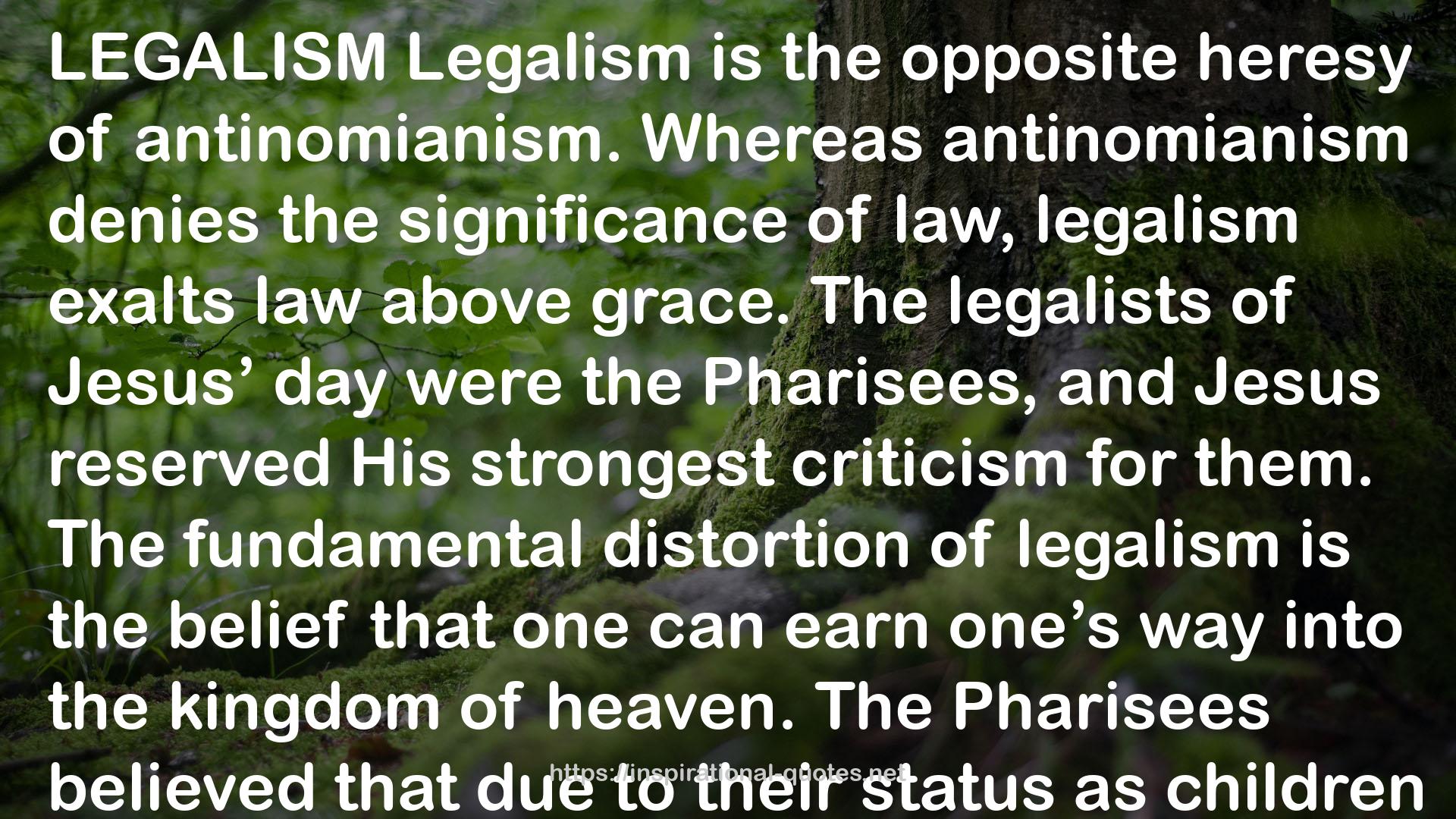Holy Bible: Reformation Study Bible, ESV QUOTES
SOME WORKS
- The Spanish Love Deception
- Shibumi
- Prom Nights from Hell
- The I Hate to Housekeep Book
- Real Mermaids Don’t Wear Toe Rings (Real Mermaids, #1)
- The Comeback Season
- So You Don't Get Lost in the Neighborhood
- Analects. (Collected Works, Volume 14)
- El infinito en un junco. La invención de los libros en el mundo antiguo
- The Melancholy Death of Oyster Boy and Other Stories

